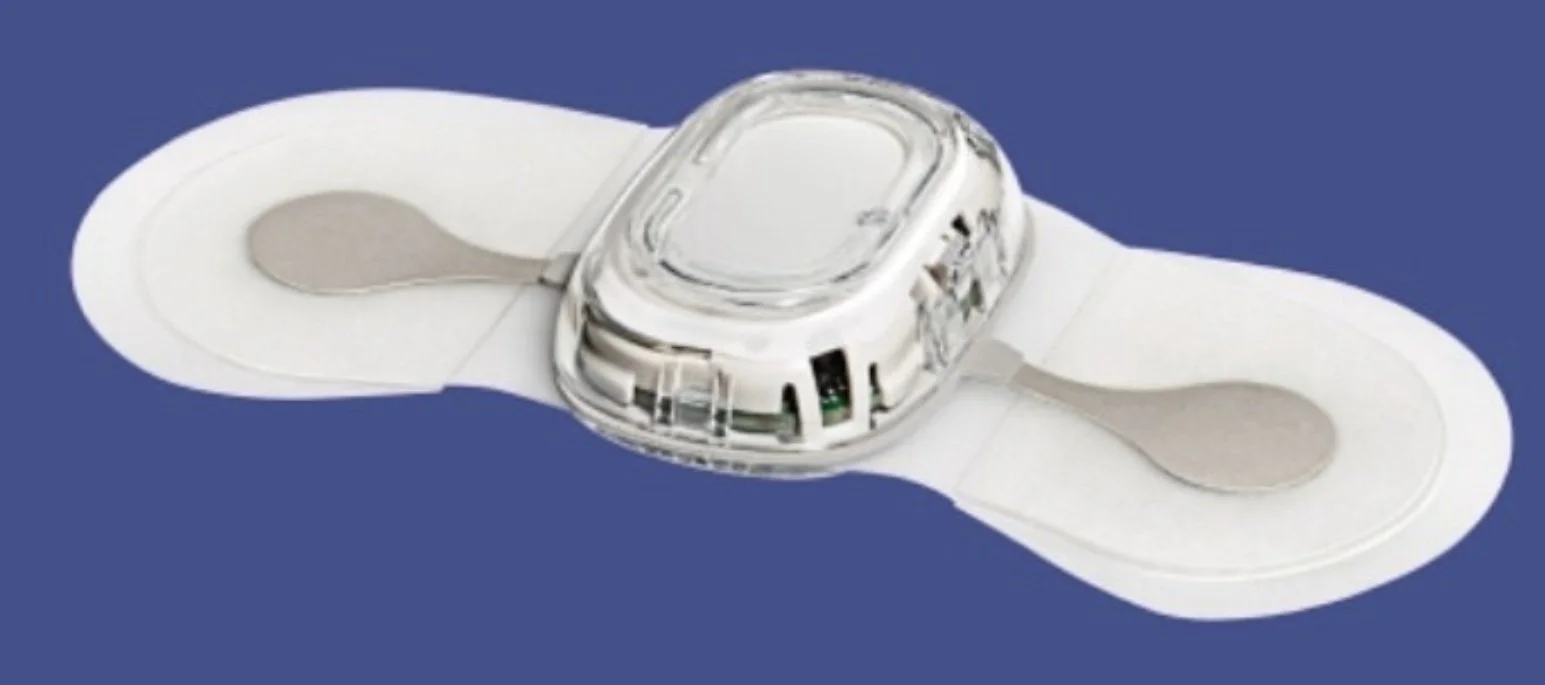Cardiac Monitoring: Keeping an Eye on Your Heart Rhythm
Cardiac monitoring is an important tool used to detect heart problems that might not show up during a regular office visit. These tests help your cardiologist understand how your heart is functioning over time and during everyday activities.
At Hawaii Heart Associates, we use several types of cardiac monitoring to identify symptoms and guide treatment:
12-Lead EKG (Electrocardiogram): This quick, in-office test gives a snapshot of your heart’s electrical activity. It can detect arrhythmias, signs of poor blood flow (ischemia), or structural abnormalities.
Holter Monitor: A small, portable device you wear for 7-14 days to continuously track your heart rhythm. It’s helpful if your symptoms—like palpitations or dizziness—come and go.
Implantable Loop Recorder: An implantable loop recorder is a small device placed under the skin of your chest to monitor your heart’s rhythm over a long period of time. It helps your doctor find the cause of symptoms like fainting or irregular heartbeats by recording your heart’s activity, even when symptoms don’t happen often. The device sends this information to your doctor, so they can better understand your heart and decide on the best treatment for you.
These tests are essential in diagnosing conditions rhythm disturbances, which can lead to more serious complications if left untreated.




